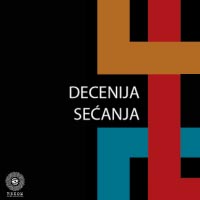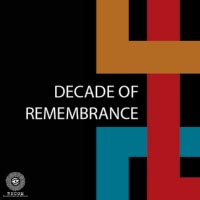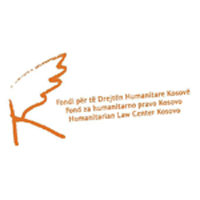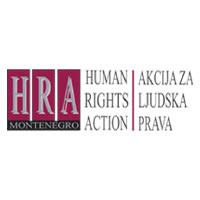
 As part of the RECOM Reconciliation Network project, the Humanitarian Law Center is organising a debate on memory politics and commemorative practices in post-Yugoslav countries under the title Decade of Remembrance.
As part of the RECOM Reconciliation Network project, the Humanitarian Law Center is organising a debate on memory politics and commemorative practices in post-Yugoslav countries under the title Decade of Remembrance.
Researchers will present the results of monitoring commemorations of five events over the past ten years in Bosnia and Herzegovina, Kosovo, Croatia, Serbia, Montenegro, and North Macedonia. The discussion will focus on the conflicting narratives of the same events, which, instead of becoming less contentious over time, are showing increasing differences in the interpretation of judicial facts. The goal is to discuss ways to reconcile different perspectives and enhance the influence of the academic community and civil society in creating a culture of memory based on judicial facts and personal experiences.
The debate is taking place in hybrid format on January 25 2024 from 11:00 to 15:00 CET. It is open for public on Zoom, with language interpretation provided, with mandatory registration on the link.
 On February 5, 2024, the Trial Panel of the Special Department of the Basic Court in Prishtinë/Priština issued acquittal verdict against the accused Zlatan Arsić regarding the suspicion of committing the criminal offense of war crimes against the civilian population.
On February 5, 2024, the Trial Panel of the Special Department of the Basic Court in Prishtinë/Priština issued acquittal verdict against the accused Zlatan Arsić regarding the suspicion of committing the criminal offense of war crimes against the civilian population.












